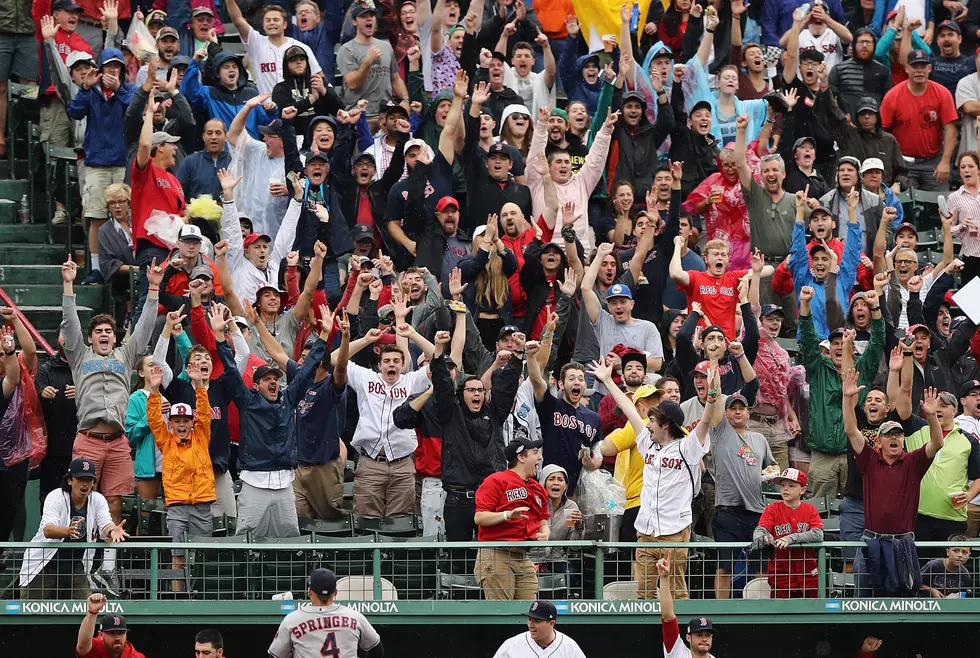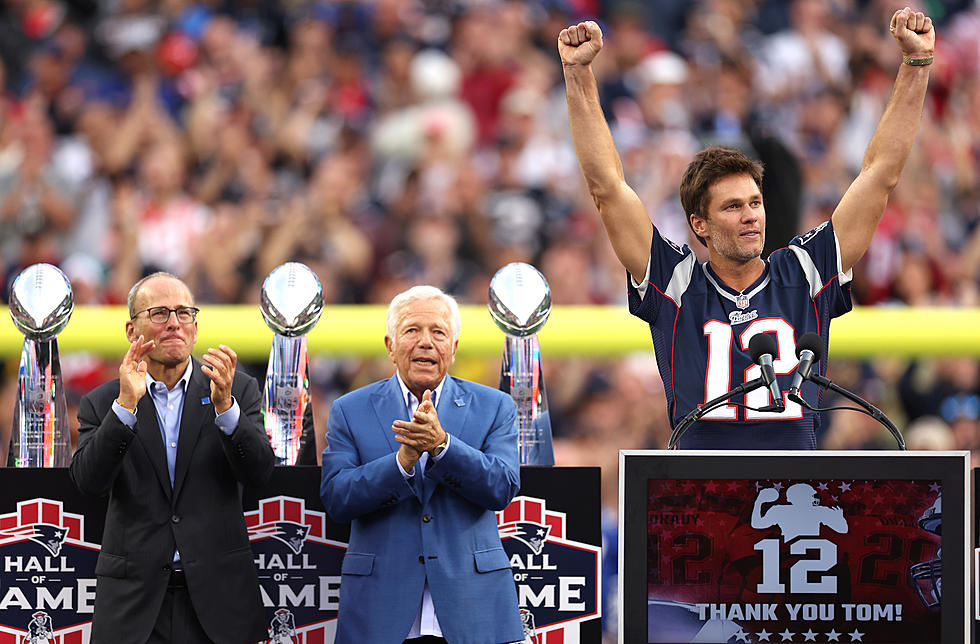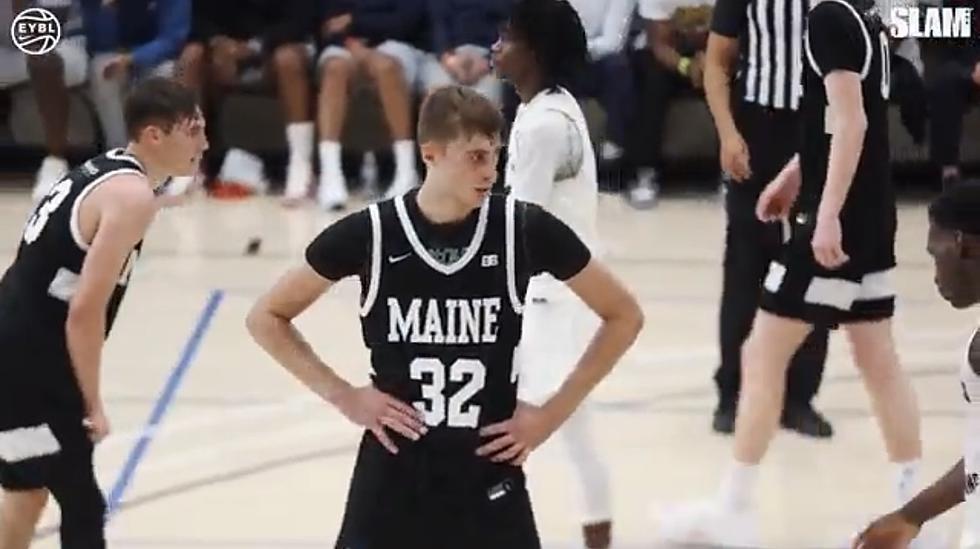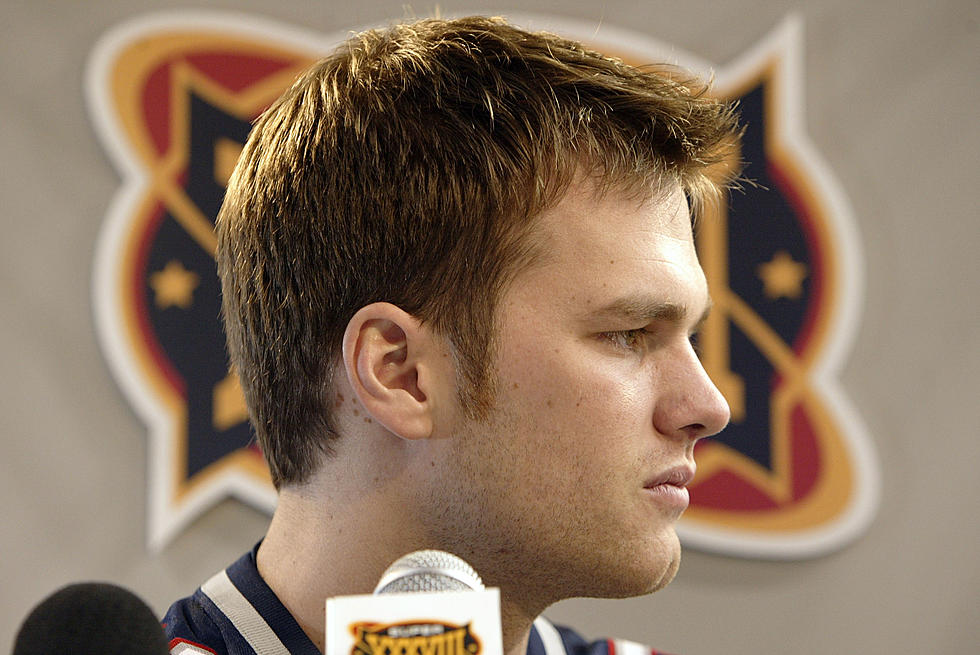
An Open Letter to the News Station That Thinks New Englanders Don’t Care About Sports
It used to be “Why can’t we get players like that?” But now for one New England local news broadcast, it’s, “Why can’t we get sports, entertainment, or fun of any kind?”
According to a report by Boston.com’s Chad Finn, Boston’s legendary Channel 4, once home to the most colorful local news broadcast in all of the region, has decided to completely eliminate its sports segment from the 6 p.m. nightly news.
This comes long after the station’s decision to wean itself off of film and television reviews, a common trend for many news broadcasts. But that’s just the problem; in feeding into the 24-hour, fear-based newscast, CBS 4 – in my day we called it WBZ-TV – has seemingly chosen alarmism over what made it special.
In the '80s and '90s, 4 had a murderer’s row of anchors: Jack Williams and Liz Walker, late meteorologist Bruce Schwoegler, arts & entertainment critic Joyce Kulhawik, and a sports department that rivaled ESPN in its prime, helmed by the legendary Bob Lobel.
It was Kulhawik and Lobel that set 4 apart from the normal doom and gloom to which we’ve all grown accustomed. Joyce provided an honest assessment of film, music, and television, and any and all local slants to each story, while Lobel essentially led a mini-variety show five nights a week.
4, I don’t get you. It seems your reasoning for cutting sports is that people can get it “anywhere,” by checking their phones and social media. But can’t the same be said for any news?
Recently, you fell in line with other stations covering two local, family-based tragedies. In one case, which centered on the under-acknowledged issue of postpartum depression, 4 did right in providing context and information for those suffering (as well as those hoping to help a loved one).
But this was such a brutally sad incident that eventually, it felt like a grotesque case of rubbernecking. That is a story anyone can go find on Twitter or a community Facebook group. As the details became more and more public, it raised the question: who is it helping to continually share and overreport on such heartbreaking stories?
Petty rivalries aside, New England itself could be regarded as a large state. So, when tragic news breaks, we become acutely aware of it. What we miss is the local, familiar touch on something fun that provided some levity in between said doom and gloom.
How much time do we need to spend explaining that a fire burned down a house? Or that murder is bad? Or that death in general is sad? We get it. We need a breather. Just look at the type of work you could expect from Lobel in the face of baseless rumors and talk radio:
“But the news is all sad now.” Because those who pick what to show MAKE it that way. During Lobel’s run, he faced the Challenger disaster, the Cold War, a vast array of tragedies in the '90s that now make up half the lineup on Netflix, and the most infamous story ever: the O.J. trial.
And yet, he found a way to give us what we need after a day of brutal news: levity, fun, and sports.
It’s nothing new for what is essentially a television show to experiment with its format. But I’d love to know how much thought really went into producing a newscast…in New England…with absolutely zero sports.
You mean to tell me even a little bit of Steve Burton isn’t good for the soul? When access to the other guy in this clip has never been more coveted?
Why can’t we get an explanation for that?
8 Hilarious Saturday Night Live Skits That Feature New England
Beloved Red Sox Announcers of the World Series Years
More From 102.9 WBLM








